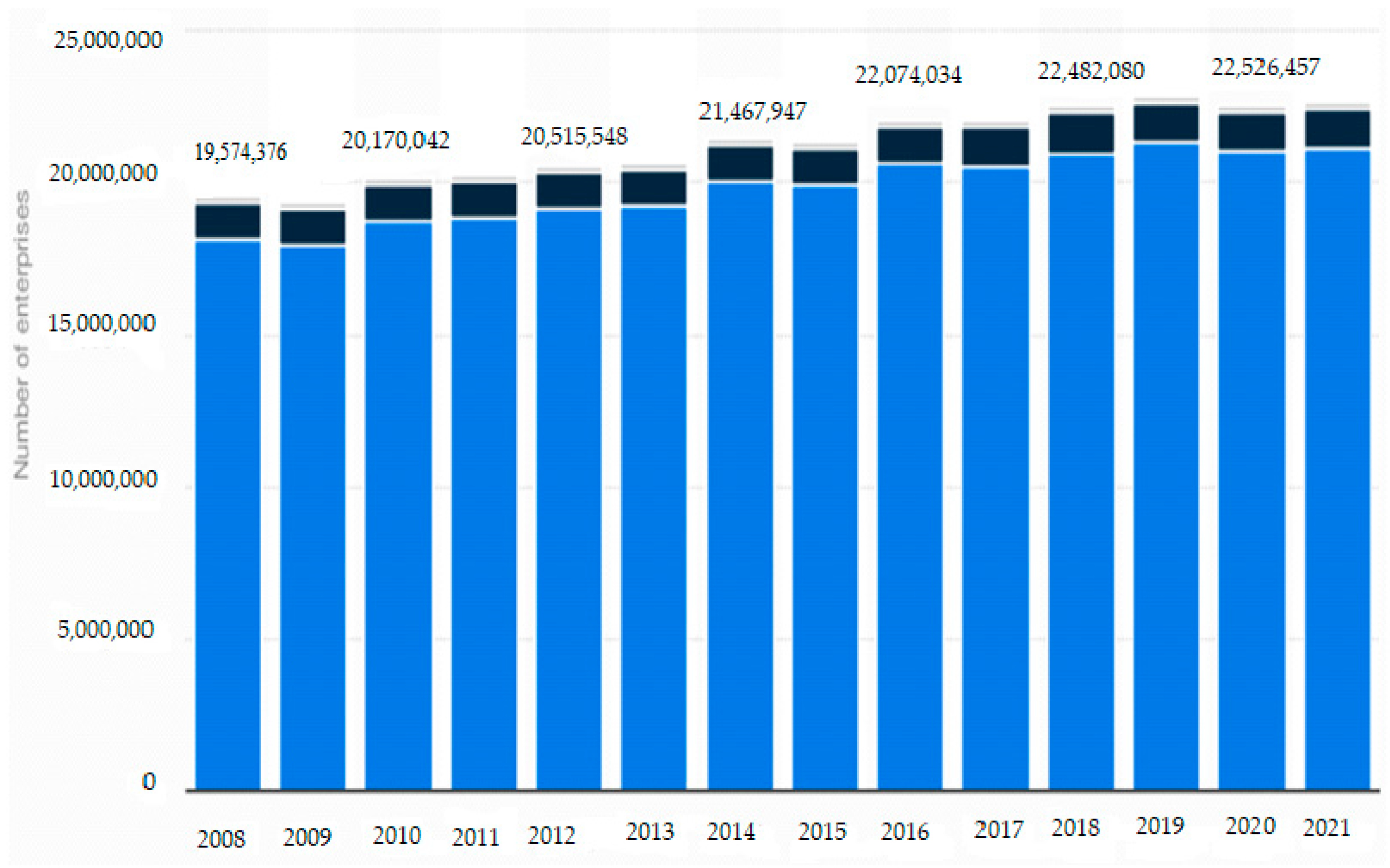As the global emphasis on sustainability intensifies, businesses across the world are re-evaluating their operational strategies to align with eco-friendly practices. Slovakia, a burgeoning hub for innovation and industry in Central Europe, is no exception. This article delves into the emerging sustainability trends among Slovakian businesses and explores how firms in the region are adapting to these eco-friendly practices.
Emerging Sustainability Trends in Slovakian Businesses
In recent years, Slovakia has witnessed a significant shift towards sustainable business practices. One of the most prominent trends is the adoption of renewable energy sources. Companies are increasingly investing in solar, wind, and hydroelectric power to reduce their carbon footprint. For instance, Slovenské Elektrárne, the largest electricity producer in Slovakia, has committed to expanding its renewable energy portfolio, aiming to achieve a more sustainable energy mix.
Another key trend is the implementation of circular economy principles. Businesses are moving away from the traditional linear economy model—where resources are used and then discarded—in favor of a circular approach that emphasizes reuse, recycling, and regeneration. This shift is evident in sectors such as manufacturing and retail, where companies are designing products with longer life cycles and promoting recycling initiatives. For example, IKEA Slovakia has introduced a furniture take-back program, encouraging customers to return old items for refurbishment or recycling.
Additionally, there is a growing focus on sustainable supply chain management. Companies are becoming more vigilant about the environmental and social impacts of their supply chains. This involves sourcing raw materials responsibly, reducing waste, and ensuring fair labor practices. Slovak firms are increasingly adopting certifications such as ISO 14001 for environmental management and Fair Trade for ethical sourcing, reflecting their commitment to sustainability.
How Slovak Firms Are Adapting to Eco-Friendly Practices
Slovak businesses are not only recognizing the importance of sustainability but are also taking concrete steps to integrate eco-friendly practices into their operations. One notable example is the automotive industry, where companies like Volkswagen Slovakia are investing heavily in electric vehicle (EV) production. The company has established a dedicated EV manufacturing plant in Bratislava, contributing to the global shift towards greener transportation solutions.
In the food and beverage sector, firms are embracing sustainable agriculture and production methods. Local breweries, such as Pivovar Šariš, are adopting water-saving technologies and energy-efficient brewing processes. Additionally, there is an increasing trend towards sourcing ingredients locally to reduce transportation emissions and support local farmers. This not only minimizes the environmental impact but also strengthens the local economy.
Corporate social responsibility (CSR) initiatives are also gaining traction among Slovak businesses. Companies are launching programs that address environmental issues, such as reforestation and waste reduction. For instance, Slovak Telekom has implemented a comprehensive CSR strategy that includes initiatives like e-waste recycling campaigns and digital literacy programs aimed at promoting sustainable development. These efforts demonstrate a holistic approach to sustainability, encompassing both environmental and social dimensions.
The drive towards sustainability in Slovakia is unmistakably gaining momentum, with businesses across various sectors adopting innovative and eco-friendly practices. From renewable energy investments to circular economy principles and responsible supply chain management, Slovak firms are stepping up to meet the challenges of a sustainable future. As these trends continue to evolve, they not only pave the way for a greener economy but also set a precedent for other nations to follow. The commitment of Slovak businesses to sustainability is a testament to their forward-thinking approach and dedication to creating a better world for future generations.
